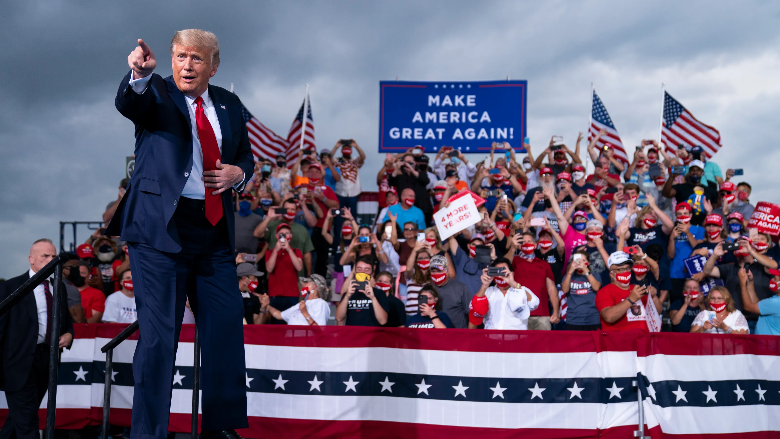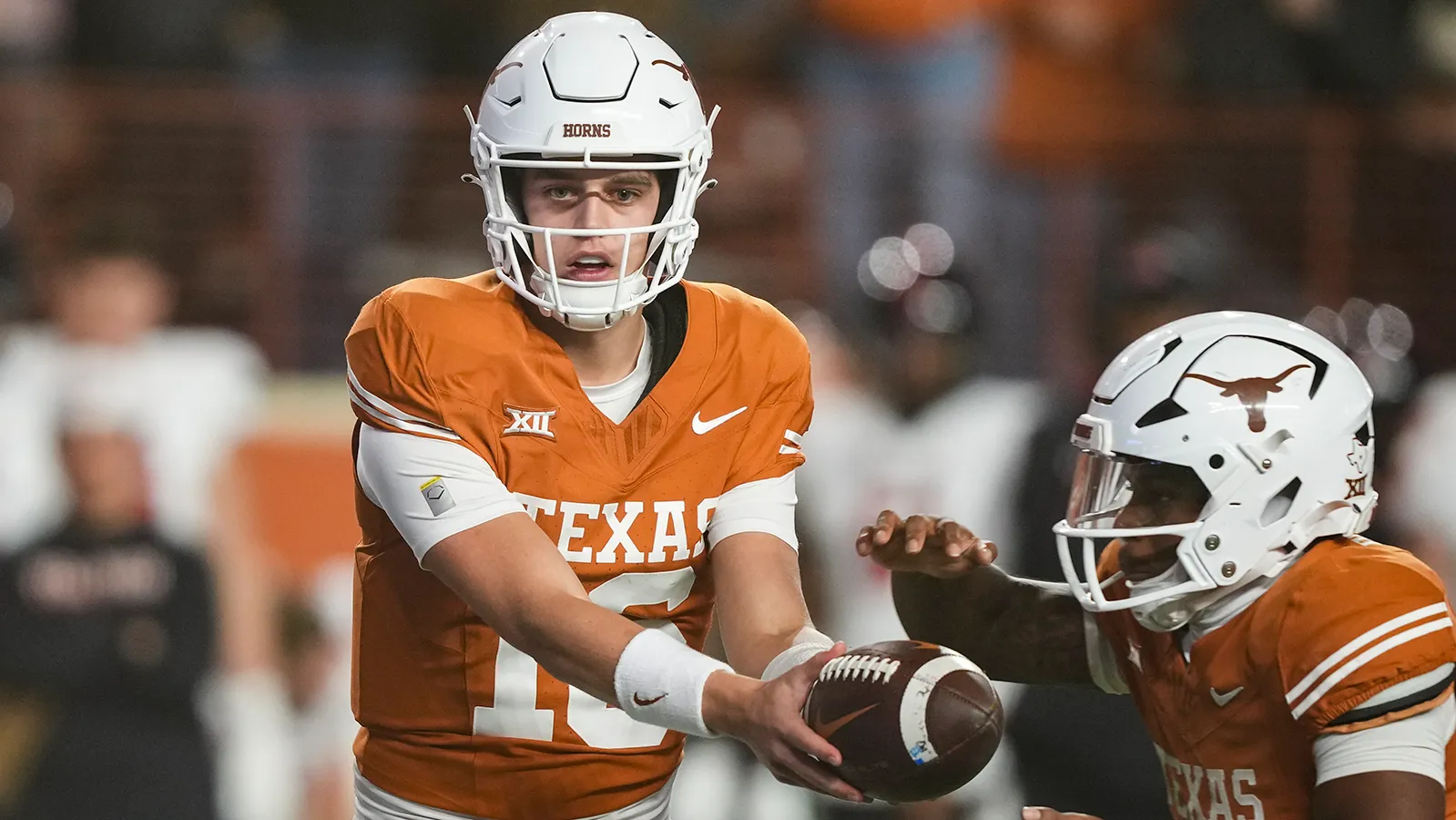The Republican Party of New Mexico is accusing state officials of politically motivated interference, alleging that they blocked parking arrangements for an upcoming Trump rally in Albuquerque. The dispute centers on the denial of parking access at Isleta Amphitheater, where the Trump campaign planned for supporters to park and then be shuttled to the rally site at CSI Aviation.
According to a spokesperson for the Trump campaign, they had an agreement with Live Nation, the company that operates the Isleta Amphitheater, to use the venue’s parking lot for the rally on Thursday. However, state officials, specifically New Mexico’s Commissioner of Public Lands Stephanie Garcia Richard, stated that the amphitheater parking lot could not legally be used for events not held at the amphitheater itself. Garcia Richard cited Live Nation’s contractual restrictions with the state as the reason, saying the lot’s use was limited to events hosted directly at the venue.
Jim Townsend, a Republican state representative, questioned this reasoning, alleging that politics are at play. “This just doesn’t pass the smell test,” Townsend said. “This is clearly a political process.” According to Townsend, similar arrangements had been allowed in the past for events that were not directly held at the amphitheater, which raised questions about why the same flexibility was not being extended to the Trump campaign.
Garcia Richard, a Democrat, firmly denied any political motivation, asserting that the situation was merely a matter of enforcing the venue’s contract restrictions. She argued that the contract had been clearly defined between the state and Live Nation, stipulating that parking access could only be offered for events occurring at the amphitheater itself. “Their contract is for the amphitheater,” Garcia Richard said. “So, either they didn’t read the lease they had with us, or they wanted to make me kind of the fall guy for this situation because this is not of my creation.”
In response, Garcia Richard explained that the Trump campaign could potentially hold the rally at the Isleta Amphitheater itself, which would then allow for the use of the parking lot under the current contract terms. This suggestion, however, did not satisfy New Mexico Republicans, who saw the denial of parking access as a deliberate attempt to undermine the rally’s turnout and logistical planning.
Townsend highlighted that a similar event previously held in Albuquerque had used the amphitheater’s parking facilities without issues. He contended that the restriction now being placed on the Trump rally appeared selective and inconsistent. In her defense, Garcia Richard pointed out that, in the past, any external use of the parking lot required prior negotiations and formal authorization, which Live Nation had not secured in this case. “If I would have authorized it for one party and not another, for one candidate and not another, I could see that being politically motivated,” she stated. “This is just something, in general, we do not do.”
Townsend, however, wasn’t convinced, calling Garcia Richard’s explanation “bologna” and accusing her of attempting to shift blame. “For the lack of a better word, I’ll just say bologna,” he said. “That’s not true, and I don’t believe it for a minute.”
In a fiery social media post, Townsend characterized the move as “sheer, naked, bitter partisanship,” saying, “It should enrage you.” The New Mexico Republican Party echoed Townsend’s sentiments, reposting his statement and further condemning the parking denial as an alleged effort to suppress the rally’s turnout.
This is not the first hurdle the Trump campaign has faced in attempting to organize the Albuquerque rally. In addition to the parking issue, city officials had reportedly discouraged the Trump campaign from using the Albuquerque Convention Center, a large indoor venue, raising suspicions among GOP members that there may be further political obstacles in play. The Trump campaign is now scrambling to secure enough parking spaces for the event on Thursday and is reportedly exploring alternative arrangements to prevent potential disruptions.
The debate over the parking lot access highlights ongoing tensions in New Mexico, a swing state that both parties view as pivotal in upcoming elections. For Republicans, this denial serves as a pointed example of what they view as an increasingly hostile environment for conservative political events. For the Democratic-led state officials, however, the issue is being framed as a straightforward contractual matter devoid of political influence.
Beyond New Mexico, this dispute taps into broader concerns around equal access to public venues and facilities for political events. As election season heats up, both parties are increasingly reliant on high-profile rallies to engage their base and attract media coverage. However, logistical obstacles—especially those perceived as politically motivated—can significantly impact event turnout and voter engagement.
In this particular case, the New Mexico GOP’s accusations of obstruction reflect frustrations among conservatives who feel that their events are more frequently subjected to bureaucratic hurdles. These frustrations are echoed by Trump supporters nationwide, who often point to similar incidents as evidence of a broader pattern of perceived bias in access to public resources and venues.
Garcia Richard, however, maintains that her office acted within its legal obligations. “We have taken steps to ensure that Live Nation understands the limitations of its lease,” she stated. “No special allowances or permissions were given, and the contract remains consistent.”
For now, the Trump campaign is left working with limited time to secure alternative parking options, while both sides continue to clash over the interpretation of contractual obligations versus political fairness. The rally is still scheduled to take place on Thursday, with the Trump campaign hoping to resolve the parking situation in time to accommodate the expected turnout. The incident underscores the challenges political campaigns face in ensuring equal access to event spaces amid heightened polarization and scrutiny over resource allocation and venue use.


